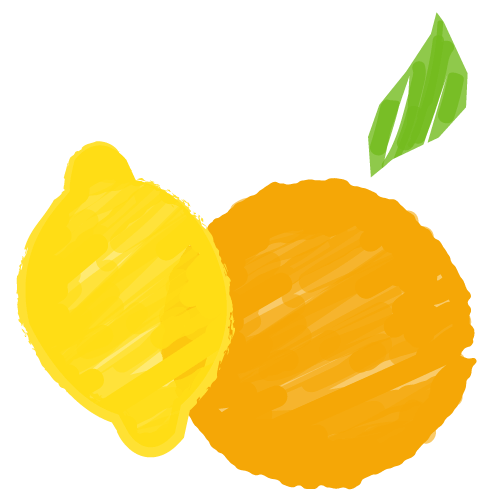BY ANDREW M. SEAMAN
(Reuters Health) - Eating more fruits and vegetables may reduce stroke risk by almost a third, according to a fresh look at recent evidence.
The results support existing recommendations from organizations like the U.S. Centers for Disease Control and Prevention (CDC), which already call for a diet rich in fresh greens.
“The findings are consistent with the current knowledge that increasing consumption of fruits and vegetables should be encouraged to prevent stroke,” Dr. Yan Qu said in an email.
Qu, of the Qingdao Municipal Hospital and the Medical College of Qingdao University in Qingdao, China, led the analysis.
A stroke occurs when bloodflow to part of the brain is blocked by a clot or a burst blood vessel. Without emergency care, a stroke can lead to severe brain damage or death.
Stroke remains the fourth leading cause of death in the U.S., according to the CDC.
Several studies have looked at the influence of diet on stroke risk. Some have tied eating lots of fruits and vegetables to lowered risk; others have found no link at all.
The effect could be indirect, and eating fruits and vegetables may benefit overall health by reducing blood pressure, cholesterol, weight and other stroke risk factors, Qu said. It’s also possible that specific nutrients in the foods may reduce stroke risk, he said.
To get a better understanding of the relationship between stroke risk and plants in the diet, the researchers searched for reports from recent decades that tracked the eating habits and health of men and women around the world.
Twenty studies examining a total of 16,981 strokes among 760,629 participants were included in the analysis.
Overall, the people who ate the most fruits and vegetables were 21 percent less likely to have a stroke, compared to people who ate the lowest amounts, the researchers found.
The benefits rose along with the amounts of produce consumed. Stroke risk fell by 32 percent for every 200 grams (g) per day of fruit people ate, and 11 percent with every 200 g of vegetables.
The researchers found that citrus fruits, leafy vegetables and apples and pears were the specific types of greenery linked to reduced stroke risk.
“The effect of other types of fruit and vegetables on stroke risk still needs to be confirmed,” Qu said.
The researchers cannot say for certain that eating fruits and vegetables caused fewer strokes among the participants. They point out that there could be other factors that influence the results; for example, people who eat more fruits and vegetables may lead generally healthier lives.
"It doesn’t surprise me too much in that it seems to confirm what a lot of other studies have shown," Dr. David A. Miller said.
Miller, who was not involved in the new study, directs the Advanced Primary Stroke Center at Mayo Clinic in Jacksonville, Florida.
"We still don’t know if there is anything inherent in the fruits and vegetables or whether it’s their effect on blood pressure," he said. "It’s a chicken and egg type of thing."
Miller also pointed out that the researchers also found people who controlled their other risk factors - such as weight, smoking and overall diet - had the lowest risk of stroke.
"Eating fruits and vegetables is helpful, but it’s not the only thing," he said.
SOURCE: bit.ly/1is8tGh Stroke, online May 8, 2014.

